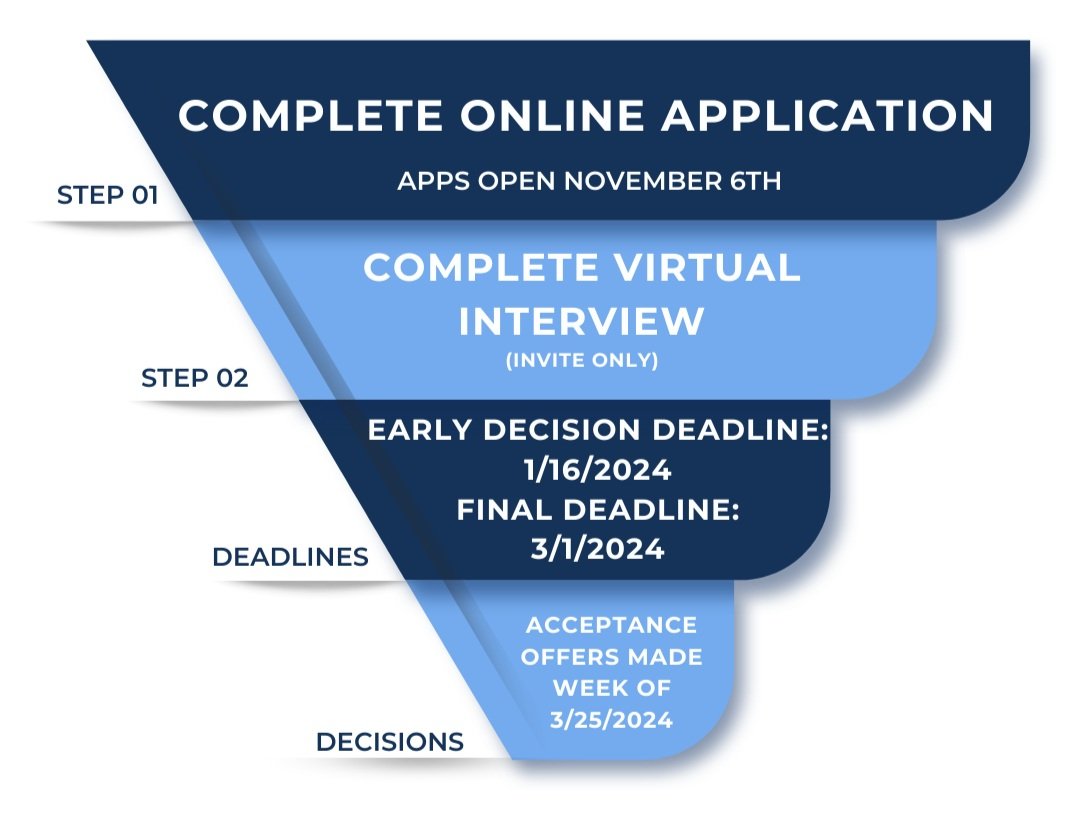Our programs
Reading Specialist Certification
Certifying teachers and leaders with an accredited Reading Specialist licensure endorsement in partnership with Christian Brothers University.
Begun in 2021, the RSC program is a 13-month cohort for veteran teachers and leaders pursuing a TN Department of Education Reading Specialist endorsement through a 21-credit hour coursework, clinical experiences and a passing score on the national Praxis Reading Specialist exam.
Program details
Our goal is to attract a cohort of 25 Reading Specialist participants who represent the diversity of our city in terms of gender, race, and teaching context.
Applications will be open from November 6, 2023 – March 1, 2024.
The fourth cohort will run May 2024 through summer 2025.
The program is a partnership between Christian Brothers University and the Memphis Literacy Institute consisting of 21 credit hours of graduate coursework. Majority of credit hours are taught in person, with some courses offered online to support working professionals.
Candidates receive direct practice through summer clinical experiences with students participating in MTR Camp (June 10-June 28, 2024)
Eligibility: Any local Memphis educator with a minimum of two years of experience as Teacher of Record, this includes MTR second and third year graduates, and MTR alumni.
Program fees
$5,000
for the 21-hour Certification program
$238/credit hour$2,500
for MTR graduates & alumni
50% discount$898
course materials fee
INCLUDES COST OF ALL course textsScholarships are available to K-5 MSCS ELA & ESL teachers, as well as high-needs charter school teachers.Program Courses
-
Foundations of Literacy I
6 Hours
Candidates will understand that reading development is a complex process as they explore why reading is difficult for many students. Rooted in key research, candidates will learn about the specific neurological processes that occur during reading. This class will cover how language and literacy are related, emphasizing the early development of reading, including phonological awareness, phonics, decoding, spelling, orthography, fluency, syllabication, assessments, and early intervention strategies. Candidates will apply course learning to their current work with students, complete lesson plans, and participate in an ongoing case study.
-
Foundations of Literacy II
3 Hours
This course focuses on vocabulary and comprehension development. Candidates will understand reading comprehension, sentence structure, and text structure. Candidates will also study key strategies to support these domains, exploring the connection between reading and writing. Candidates will apply their learning through an ongoing case study, analyzing student work, and planning instruction based on core competencies from the course. This core will prepare students to implement text-driven instruction and design purposeful and effective scaffolds to support reading comprehension.
-
Reading, Assessment, Diagnosis, & Intervention
3 Hours
This course will present students with best and current practices and principles of assessment across the curriculum. Topics will include reliability, validity, bias, performance assessment, standardized test score interpretation, and formative assessment. The formal and informal instruments and procedures will be studied with emphasis on formative assessment and the principles of effective, standards-based instruction. Design and administration and interpretation of assessment measures is the primary focus of this course.
-
Inclusionary Practices
3 Hours
This course is designed to develop the ability to use a variety of instructional approaches as needed to support multiple ways for P12 students to access knowledge, represent knowledge, and demonstrate the attainment of academic goals and competencies. Candidates will demonstrate an understanding of the learner and the doing. This course is designed to support teaching to meet student differences and needs in a sensitive and reflective manner by discussing issues related to diverse classrooms.
-
Writing Across the Curriculum
3 Hours
This course is designed to study theories and specific examples on the teaching of writing. Candidates will build a skill set for empowering, supporting, and providing feedback to developing writers. Students will focus on the interdependence of a child’s language, reading, and writing, and the implications these have for academic achievement and personal development over time.
-
Literacy Practicum
3 Hours
This course consists of a series of culminating experiences, drawing on learning throughout the program. Candidates will work with individual and small groups of students in an elementary and secondary setting. Candidates will assess students’ literacy skills, create an appropriate intervention plan for those deficiencies, and implement the plan while receiving feedback from a clinical mentor and engaging in reflective practice. Candidates will build a professional portfolio demonstrating their ability to assess and support students’ specific literacy needs.
-
Summer Clinical
Candidates will apply concepts from Foundations of Literacy I in this clinical experience in partnership with MTR camp. Foundations of Literacy I professor team will provide coaching and targeted support.


